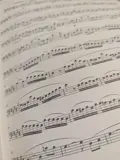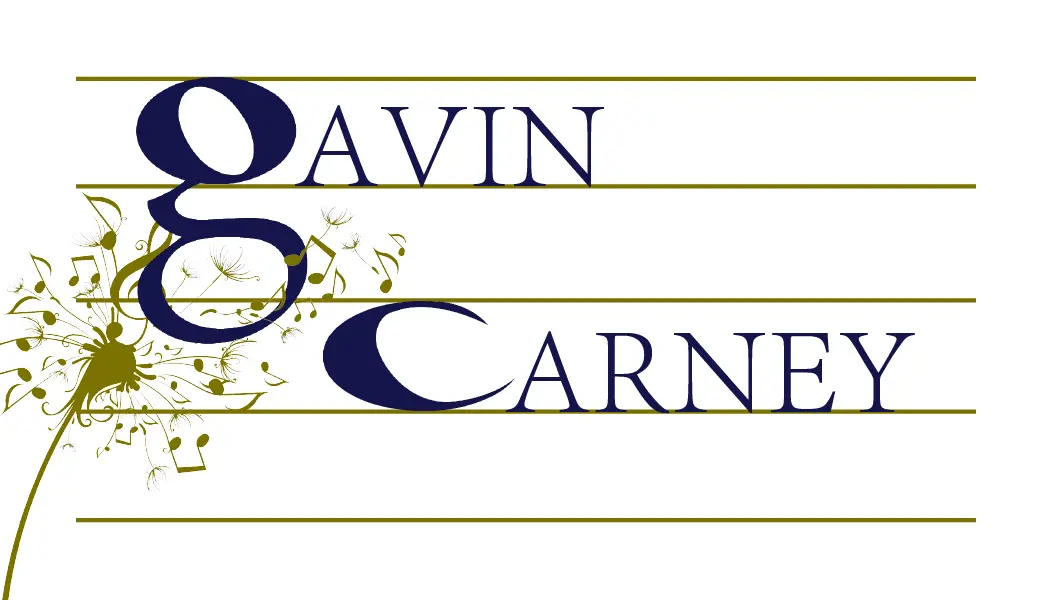
In addition to his notable performing experiences on tenor, alto, and bass trombone, Gavin is an active pedagogue.
Some of his past teaching experiences include serving as a Lecturer in Music at Truman State University, holding a teaching assistant position at the University of Iowa, maintaining a large private studio in the Kansas City metropolitan area, giving numerous clinics and masterclasses in Washington, Idaho, Iowa, Kansas, Missouri, and Minnesota, as well as adjudicating for multiple festivals and academic performances. Since moving to the Twin Cities, he has developed a large local private studio and has been asked to assist numerous times with band camps, masterclasses, and clinics in the Roseville, St. Louis Park, and Lakeville school districts.
Gavin’s students have seen success in many of their playing opportunities and he strives to give his students a well-rounded music education by including aural skills, written theory, and history into weekly lessons. Pedagogical goals for students include self-assessment, comfort on their instrument, and a deep understanding of how music works. He teaches students of all ages and experience levels, and has multiple years of experience working with students with special learning needs such as Autism, ADHD, Down Syndrome, and ODD.
Statement of Teaching Philosophy
I believe that the opportunity to teach is the opportunity to guide an individual to make their greatest potential a reality. All students have different strengths and weaknesses that they bring with them, and as educators we are tasked with helping them identify strengths and improve weaknesses. In order to achieve this, I believe it is necessary to create an encouraging, passionate, and enthusiastic environment for students to thrive in. It is my goal that, by the end of our time together, each of my students are able to 1) have a deep appreciative understanding of music and how it relates to humanity as an art, 2) can fluently show their passion through their performance as well as through dialogue, 3) be completely self-sufficient as they continue their studies.
When teaching I guide students in making observations about the tasks that they are doing, so that they are capable of making continued observations while I am not there. While I believe it is important for students to know and understand the technical details about what they do and how the physics of their art function, it is then important for them to be able to simplify these technical details into larger concepts that they can easily act on. In order to do this, it is imperative that students learn through a sequential manner so that they have time to grasp and understand each subject. It is my task as an educator to then provide students with the next sequential step in their path.
What this means in practice is that students will get assignments that push their abilities, but are still in grasp. Often this means a heightened focus on the development of fundamentals so that they can easily communicate what they are trying to say through their instrument. It is also important that students feel connected to their art at a greater level than just themselves. This can be achieved through creating an environment that encourages interaction and collaboration between students through group listening, reading, and discussion assignments. Giving students these opportunities will allow them to begin thinking and collaborating together through music.
